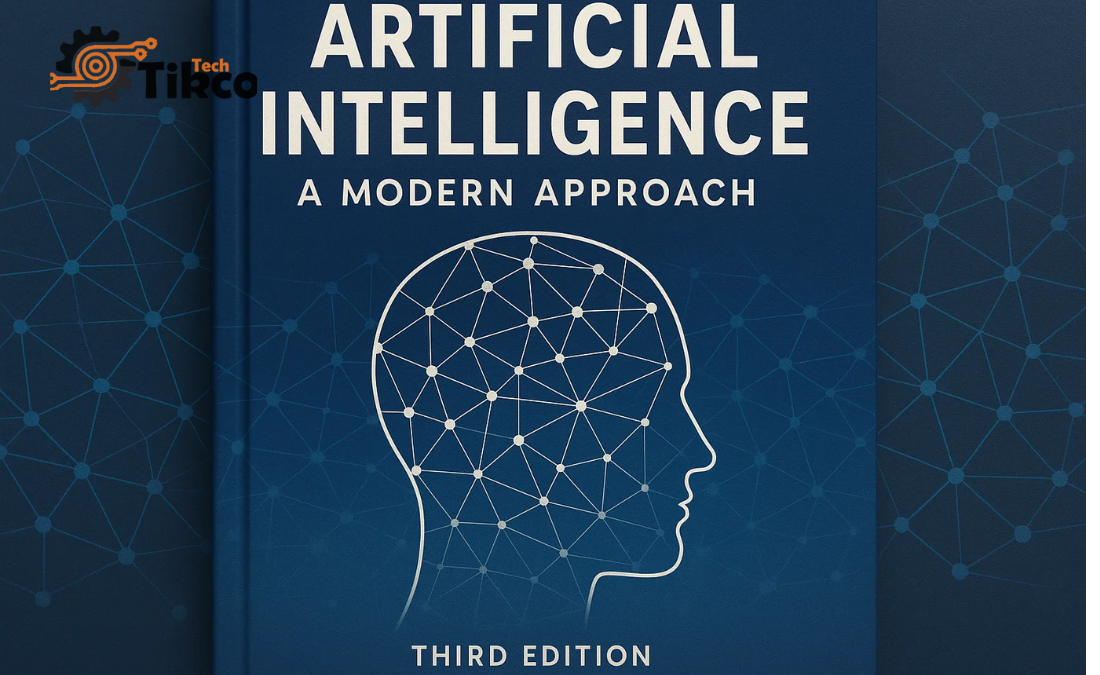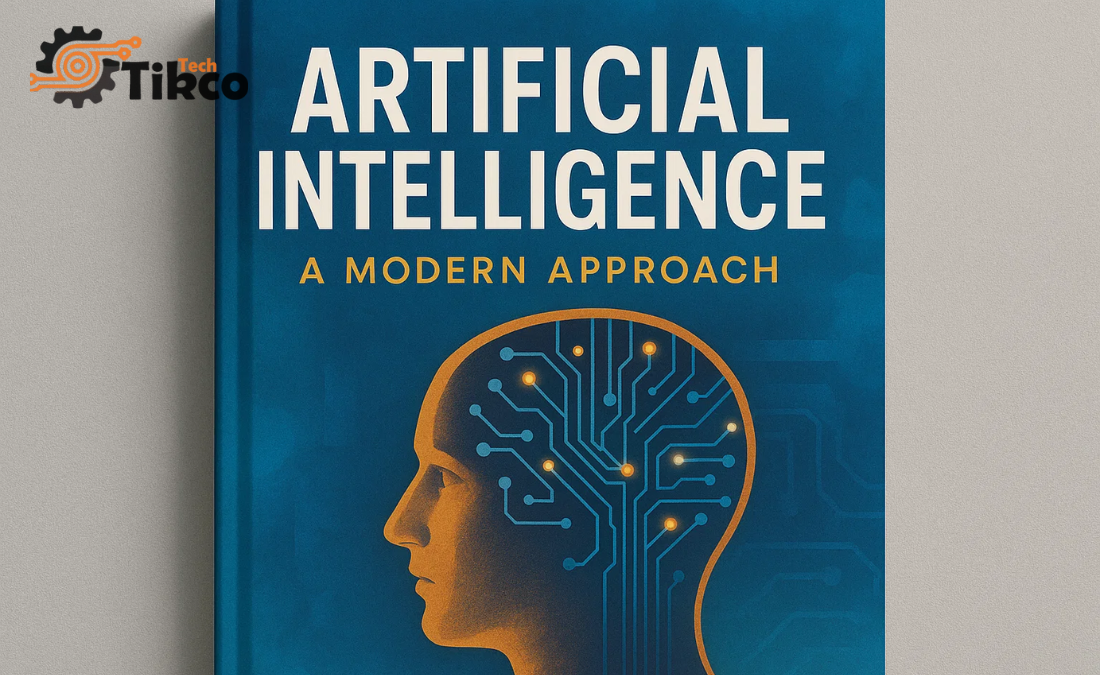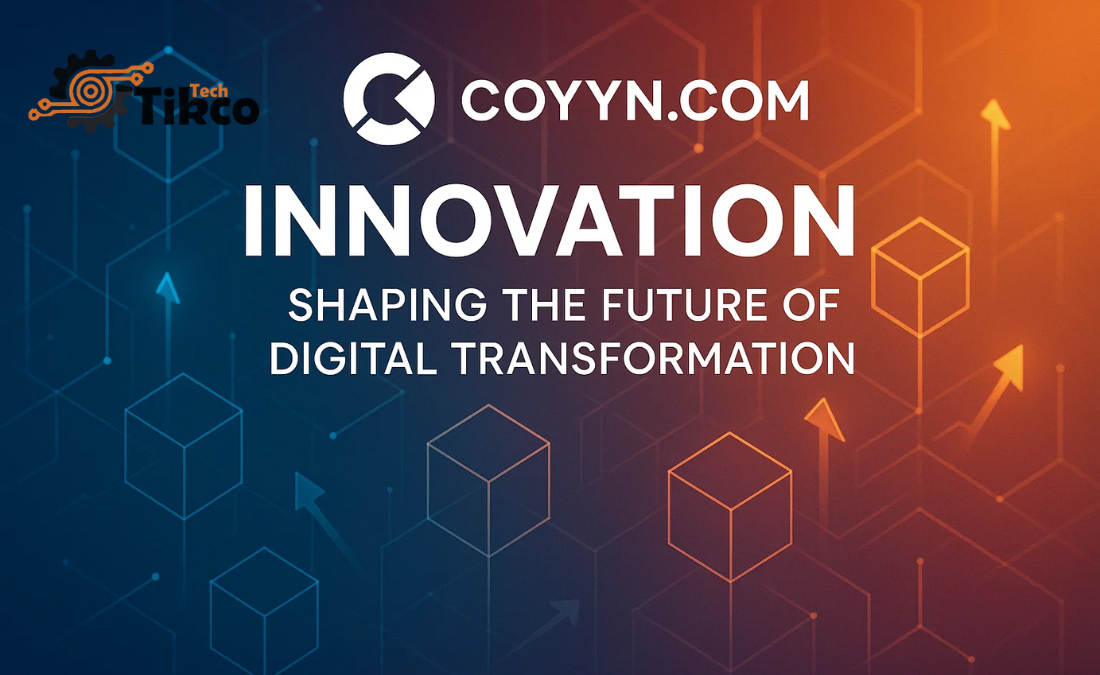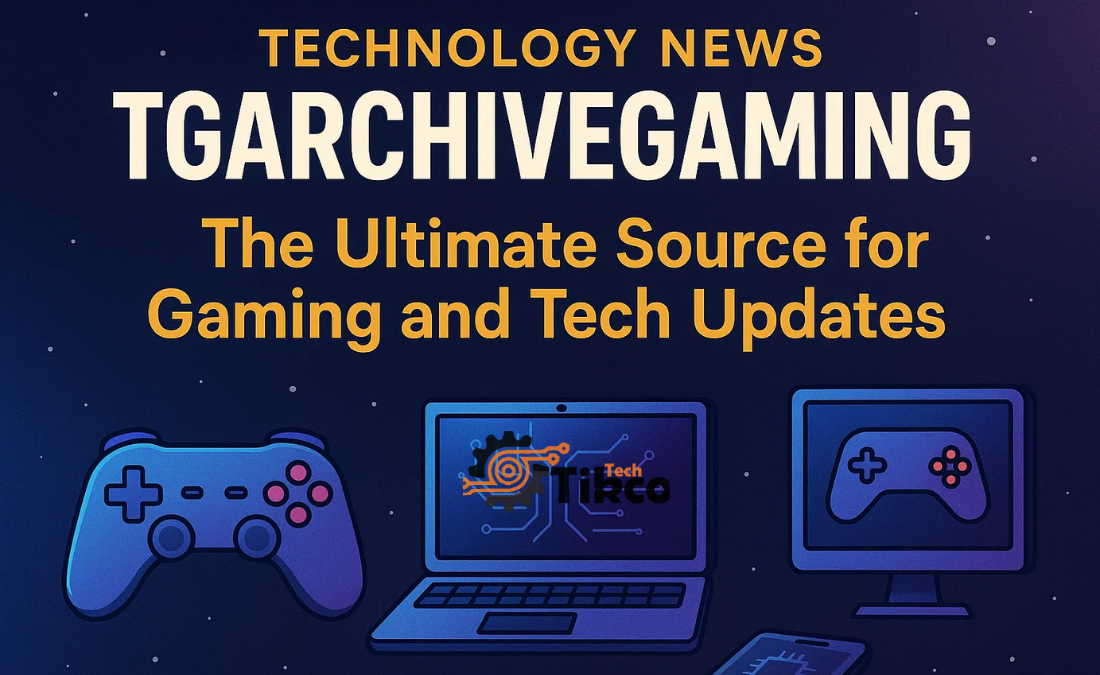Artificial Intelligence (AI) has rapidly evolved from a theoretical concept into a driving force that shapes industries, societies, and everyday life. The phrase “Artificial Intelligence: A Modern Approach” represents both the title of a seminal textbook and a broader perspective on how AI technologies are transforming the modern world. This article explores the meaning, applications, benefits, challenges, and future potential of artificial intelligence, with a focus on how modern approaches to AI are redefining innovation and intelligence itself.
Understanding Artificial Intelligence: A Modern Approach
At its core, Artificial Intelligence: A Modern Approach refers to the study and development of machines or systems that can perform tasks typically requiring human intelligence. These tasks include reasoning, learning, problem-solving, perception, and understanding natural language.
The modern approach to AI moves beyond simple rule-based systems toward advanced models that learn and adapt through experience. Algorithms like machine learning (ML), deep learning (DL), and neural networks have revolutionized how AI operates. These techniques allow computers to analyze vast amounts of data, recognize patterns, and make decisions with minimal human intervention.
This modern perspective marks a shift from traditional programming to intelligent systems capable of self-improvement and contextual understanding—qualities once thought exclusive to humans.
Historical Background of Artificial Intelligence: A Modern Approach
The journey toward Artificial Intelligence: A Modern Approach began decades ago. In the mid-20th century, researchers like Alan Turing and John McCarthy laid the groundwork for AI. Turing’s famous question, “Can machines think?” set the philosophical foundation, while McCarthy’s coining of the term “Artificial Intelligence” in 1956 marked the beginning of a formal scientific discipline.
Early AI systems focused on symbolic reasoning—programming explicit logic rules to simulate human thought. However, these systems lacked flexibility and could not handle ambiguity or learn from experience.
With the advent of powerful computing resources and the availability of big data, AI entered a new era. Machine learning models could now train themselves using data instead of relying solely on human-coded rules. This advancement became the essence of Artificial Intelligence: A Modern Approach, emphasizing adaptability, scalability, and real-world problem-solving.
Core Principles of Artificial Intelligence: A Modern Approach
Modern AI is built upon several foundational principles:
1. Learning
AI systems learn from data using algorithms that improve their performance over time. This includes supervised learning (labeled data), unsupervised learning (unlabeled data), and reinforcement learning (trial and error).
2. Reasoning
AI systems use logical and statistical models to draw inferences, make predictions, and plan actions. Reasoning helps AI tackle complex decision-making tasks.
3. Perception
Through sensors, cameras, and audio devices, AI systems perceive their environment. Technologies like computer vision and speech recognition enable machines to interpret the world.
4. Natural Language Processing (NLP)
Modern AI can understand, interpret, and generate human language, enabling applications like chatbots, virtual assistants, and translation systems.
5. Autonomy
Advanced AI can make independent decisions without human intervention, evident in technologies like self-driving cars and automated trading systems.
These principles collectively define Artificial Intelligence: A Modern Approach, enabling machines to perform tasks intelligently and efficiently.
Applications of Artificial Intelligence: A Modern Approach
The influence of AI spans across virtually every industry. Below are some major applications that illustrate how Artificial Intelligence: A Modern Approach is revolutionizing daily life and business operations.
1. Healthcare
AI assists doctors in diagnosing diseases, predicting patient outcomes, and personalizing treatment plans. Systems like IBM Watson and Google’s DeepMind have demonstrated remarkable capabilities in identifying cancerous cells and analyzing medical scans.
2. Finance
Banks and investment firms use AI for fraud detection, risk assessment, and algorithmic trading. AI-driven chatbots also improve customer service efficiency.
3. Transportation
The development of autonomous vehicles is one of the most visible outcomes of Artificial Intelligence: A Modern Approach. Self-driving cars use AI to process sensor data and make split-second driving decisions.
4. Education
AI-powered learning platforms offer personalized education experiences, adapting lessons to individual students’ needs and progress.
5. Entertainment
Streaming services like Netflix and Spotify utilize AI algorithms to recommend movies and songs based on user preferences.
6. Manufacturing
Robotics and AI are optimizing production lines, predictive maintenance, and inventory management, enhancing productivity and reducing costs.
7. Security and Surveillance
AI-powered image recognition systems are improving public safety by detecting anomalies, identifying faces, and predicting potential threats.
These examples highlight how Artificial Intelligence: A Modern Approach integrates intelligence into systems that make daily life more efficient and productive.

Benefits of Artificial Intelligence: A Modern Approach
The modern approach to AI offers numerous advantages:
1. Efficiency and Accuracy
AI systems can process vast amounts of data quickly and with minimal error, enabling more accurate results than traditional methods.
2. Cost Reduction
Automation reduces labor costs and operational inefficiencies, allowing businesses to allocate resources more strategically.
3. Enhanced Decision-Making
AI models analyze data trends and generate insights, empowering organizations to make informed decisions faster.
4. Innovation Catalyst
AI fosters innovation across industries, from creating new medical treatments to improving logistics and marketing strategies.
5. Personalized Experiences
AI tailors experiences for users, making products and services more engaging and relevant.
Through these benefits, Artificial Intelligence: A Modern Approach enhances human potential by augmenting our abilities with machine precision.
Challenges in Artificial Intelligence: A Modern Approach
Despite its transformative potential, AI presents several challenges and ethical dilemmas:
1. Data Privacy
AI systems rely heavily on data, raising concerns about how personal information is collected, stored, and used.
2. Job Displacement
Automation may replace certain human roles, leading to workforce disruptions and economic inequality.
3. Bias and Fairness
AI algorithms can reflect and amplify societal biases if trained on unbalanced datasets, resulting in unfair or discriminatory outcomes.
4. Security Risks
As AI becomes more powerful, it can also be exploited for malicious purposes, such as deepfakes or automated cyberattacks.
5. Lack of Transparency
Complex AI models often operate as “black boxes,” making it difficult to understand how decisions are made.
Addressing these issues is crucial for ensuring that Artificial Intelligence: A Modern Approach remains ethical, responsible, and beneficial for all.
Future of Artificial Intelligence: A Modern Approach
The future of Artificial Intelligence: A Modern Approach promises even greater breakthroughs. Innovations such as quantum computing, general AI, and ethical AI frameworks will shape the next generation of intelligent systems.
Experts envision AI becoming deeply integrated into every aspect of human existence—from smart cities and personalized healthcare to sustainable energy and climate modeling. The focus will likely shift from merely automating tasks to augmenting human creativity and decision-making.
Moreover, as AI governance and regulations evolve, the balance between technological advancement and ethical responsibility will become a defining theme of the next decade.
Conclusion: The Significance of Artificial Intelligence: A Modern Approach
In conclusion, Artificial Intelligence: A Modern Approach represents the culmination of decades of innovation, research, and technological evolution. It reflects a world where machines no longer just follow instructions—they learn, reason, and make decisions. This modern approach has already transformed industries, redefined human-machine interaction, and opened new frontiers of discovery.
While challenges remain—particularly in ethics, fairness, and employment—the potential of AI to enhance human life is undeniable. By embracing responsible innovation, society can ensure that Artificial Intelligence: A Modern Approach continues to drive progress, enrich creativity, and empower future generations to build a smarter, more connected world.




